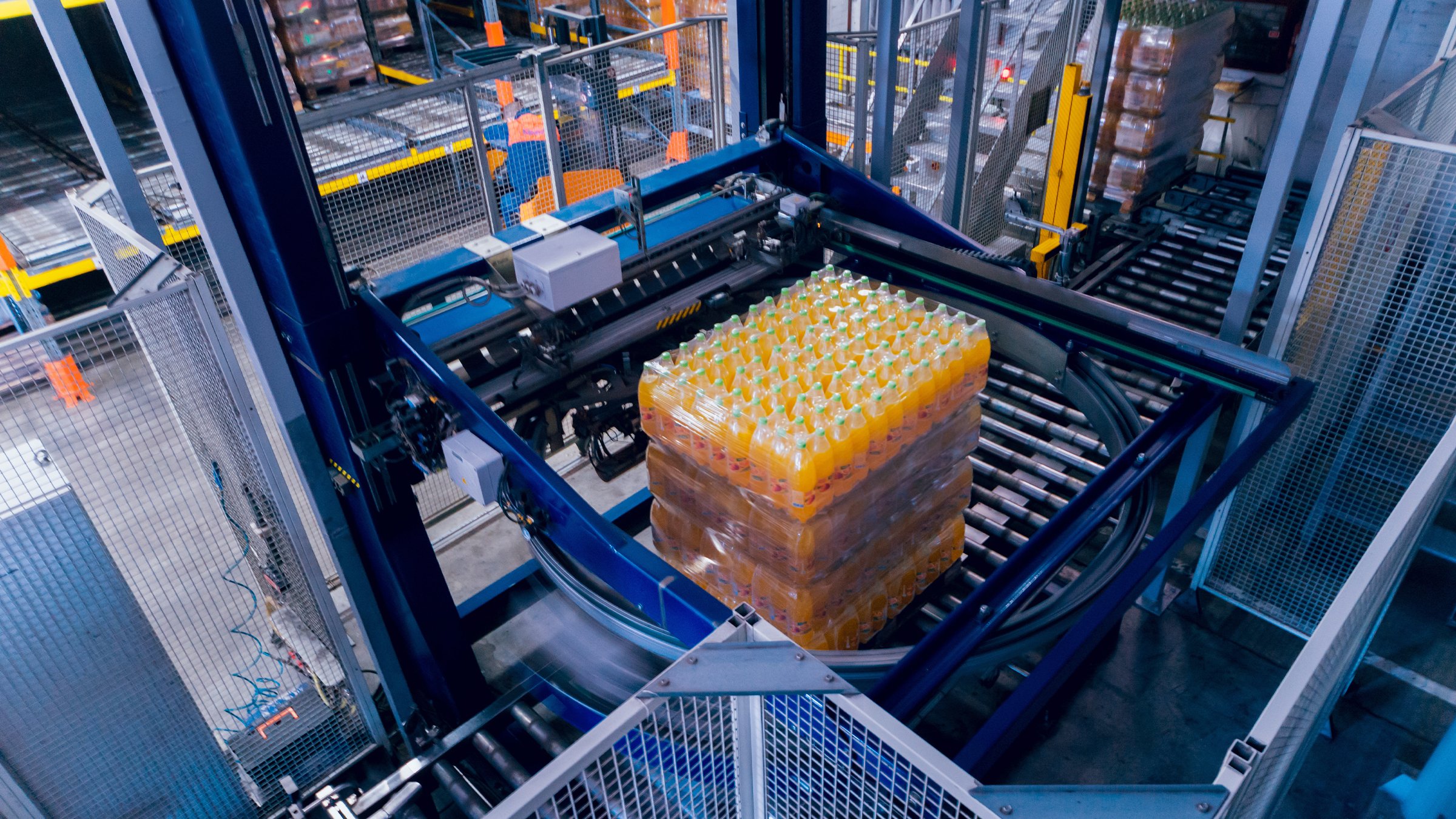Leading OEMs are leveraging the latest digital transformation technologies to give their customers a competitive edge
Companies are under constant pressure to produce more products, faster and cheaper with the highest possible quality. Now more than ever there is a need for OEMs to reinvent their operations with digital transformation technologies. Operational Technology (OT) and Information Technology (IT) integration is key to accelerating innovation and achieving productivity gains.
Harpak-ULMA, an industry leader in complete packaging line solutions for food, medical and industrial products, recently collaborated with Rockwell Automation to deliver a packaging platform for digital transformation. Leveraging the latest technologies to enable increased packaging agility and performance, Harpak-ULMA is resetting expectations of what is possible when it comes to solving some of the most difficult and costly challenges faced by today’s industry.
The company’s vision incorporates faster, easier integration of OT/IT systems, tight integration with FactoryTalk® InnovationSuite, powered by PTC and its Vuforia augmented reality (AR) Platform, expanded IoT connectivity, and the use of machine learning plus predictive analytics to reshape maintenance business models and customer cost structures.
Smart, connected machines
Harpak-ULMA’s commitment to standardize on the Rockwell Automation Integrated Architecture® platform replaced multiple disparate control systems and provided one common framework for control, visualization, motion, safety and networking – converging control and information into a single, secure high-performance architecture for their customers’ packaging lines.
This information-centric, highly connected approach is a major step towards building a richer, enterprise-wide, contextual view of packaging operations and their interaction with other business and production systems. This single automation architecture simplifies operations on multiple levels, from parts and supplies, support availability, and equipment troubleshooting to line performance management, operational simplicity, and scalability. It meets customer demands through greater agility, speed, accuracy, and shortened production lead times.
Benefits include asset and system auto-discovery, data model sharing and reuse, integrated analytics and AR empowerment. This smart, connected packaging platform provides customers a competitive edge by helping them more rapidly adapt to market changes at less cost, improves manufacturing performance metrics, productivity and safety metrics. Furthermore, it overcomes the challenges of an aging and evolving workforce and delivers better control maintenance expenses.
Unlocking productivity
Cama is an international leader in engineering and production of high-technology secondary packaging systems in the food and non-food markets. With a strong commitment to creating smart machines to help their customers meet the ever-changing needs of consumers, Cama collaborated with Rockwell Automation to digitize their machines.
The key goal was to implement condition monitoring, analytics and augmented reality into their systems, providing an effective interface between their machinery and their customers. By leveraging knowledge of real time control processes from Rockwell Automation and combining it with information software from PTC, it is possible to unlock a traditional level of connectivity – bringing the Connected Enterprise to life.

